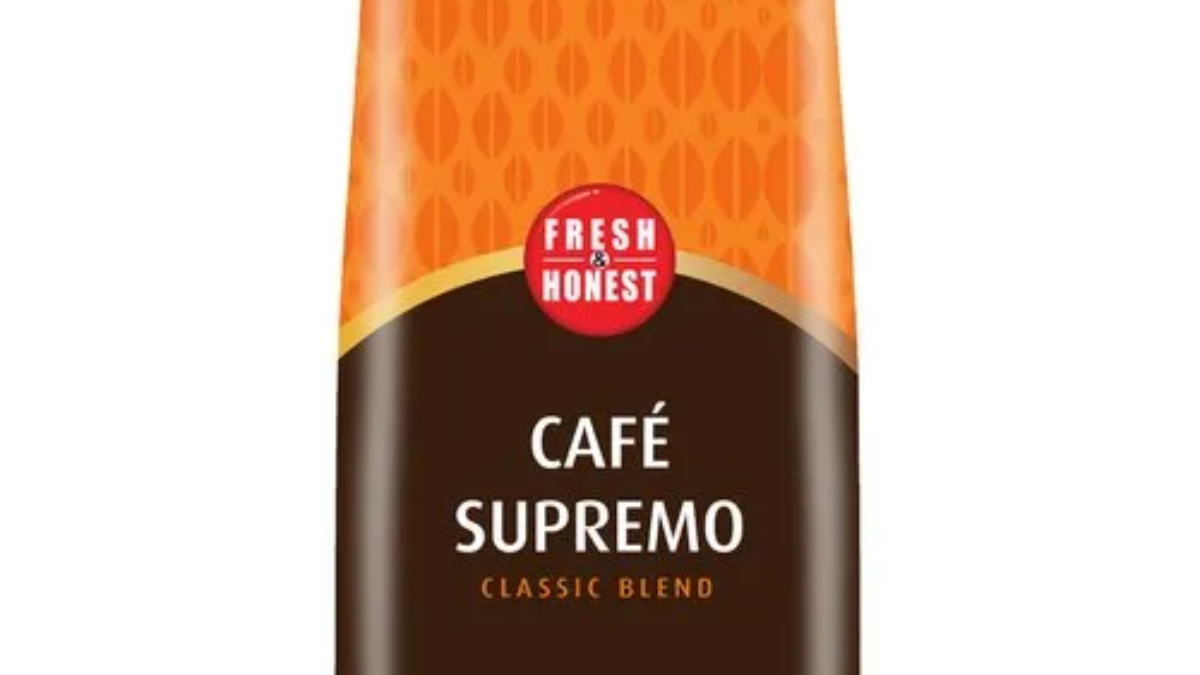I know those two thoughts don’t necessarily go together, so let me explain. We start with the fact that I’m all for self-improvement, but I’m not the biggest fan of New Year’s resolutions.
Tying progress to the start of the year seems like a lot of unnecessary pressure. Also, for a lot of people (myself included), the 10 days or so before January 1 (the last few days of pre-Christmas planning and shopping, through a seven- or 10-day vacation period) are likely to be some of the least-self-improving days of the year.
So, if you’re going to tie a resolution to the calendar like this, I think it makes sense to give yourself a chance to score a fast, easy, meaningful win.
I’d advise something that you can accomplish quickly, track easily, and that will provide both immediate and long-term advantages.
All of which leads us to coffee, and drinking more of it.
Why? Because study after study seems to suggest it has significant long-term health benefits. Among a few of the highlights:
- A 2018 study of 500,000 British adults over a full decade showed that coffee drinkers were 10 percent to 15 percent less likely to die from any cause than nondrinkers, possibly, according to the study authors, because “coffee contains more than 1,000 chemical compounds including antioxidants, which help protect cells from damage.”
- In 2017, researchers funded by the American Heart Association and the University of Colorado School of Medicine found that every additional cup of coffee people drink each day drops their risk of heart failure or stroke by 8 percent.
- A smaller study from Stanford University suggested that people who drink caffeinated coffee (but not decaf, sorry) live longer, perhaps because the caffeine counteracts naturally occurring inflammation, which is in turn associated with “90 percent of all noncommunicable diseases of aging,” according to the study’s author.
- Another big study, from the Harvard School of Public Health, which followed 200,000 doctors and nurses over 30 years, found a correlation between increased coffee consumption and lower risk of death from heart disease, stroke, diabetes, neurological diseases—even suicide.
- Finally, drinking “even more coffee” provides an incremental benefit over drinking “more coffee,” up to a surprisingly high count, according to a study of almost 20,000 people over 10 years. (“Our findings suggest that drinking four cups of coffee each day can be part of a healthy diet in healthy people,” said one of the study’s authors.)
Truly, we could go on and on, but let’s be sure to add one of the newest studies, which also suggests a short-term benefit many coffee drinkers might be familiar with: better moods.
A study of 5,000 European adults suggested that drinking a cup of coffee (containing about 75 milligrams of caffeine) every four hours can result in better moods during the day.
In our enthusiasm, we should add a caveat: Stop at five cups. Once you get past that, according to a study of nearly 350,000 coffee drinkers from the University of South Australia, you might start to increase the risk of heart disease.
“Based on our data, six [cups] was the tipping point where caffeine started to negatively affect cardiovascular risk,” one of the researchers said.
Now, back to the New Year and the calendar. Because, as new habits go, resolving to drink a bit more coffee probably isn’t a heavy lift for a lot of people.
It’s easy to add to your routine, doesn’t cost a lot — and doesn’t require making a major lifestyle change. Plus, for a lot of people, it’s actually quite enjoyable.
So, here’s to 2022. Maybe you’ll raise a glass of whatever your other favorite beverage might be to toast the new year, tonight.
But in the morning? Drink a bit more coffee. And start the new year with a resolution you can actually keep.
Bangalore, Karnataka, India
7348802009 / info@srecoffee.com/


Leave a Comment